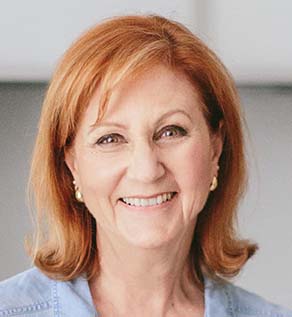 Up until recently, your digestive life has been pretty decent with very few moments of concern. Then, almost from one day to the next, everything changes. You are bloated and your bowel movements are all over the place – diarrhea or constipation or perhaps even both. Lots more passing of wind and sometimes cramping in your gut that lays you low.
Up until recently, your digestive life has been pretty decent with very few moments of concern. Then, almost from one day to the next, everything changes. You are bloated and your bowel movements are all over the place – diarrhea or constipation or perhaps even both. Lots more passing of wind and sometimes cramping in your gut that lays you low.
What has happened?
Unfortunately, irritable bowel syndrome can strike at any time in your life. For some, they have it all their lives – like me. But for others, the onset of IBS is confusing, life-changing and devastating.
You go to the doctor. They tell you to eat more vegetables and fibre and give you some medication before sending you on your way. But none of that helps, so you go back. This time you are sent to a gastroenterologist who does a battery of tests, which show nothing wrong. They tell you that you have IBS and once again you are sent home to eat more vegetables and fibre.
Why did this happen to you?
Scientists don’t know what causes IBS, but there seem to be a few triggers that lead to this distressing condition:
- A heavy or prolonged dose of antibiotics. This possibly disturbs the fine balance of your gut bacteria, which is now forever altered.
- Traumatic or ongoing stress. The gut and the brain are closely connected and communication between them can get disturbed by stress. This leads to ongoing miscommunication between the two.
- A gut infection. It may feel like you never get over the infection but what has happened is that it has triggered IBS, which has similar symptoms. Again, the balance of the gut bacteria has been altered.
- A radical change of diet. Unfortunately, in this era of the internet, people are attracted to all sorts of unbalanced fad diets and this can lead to digestive issues, including IBS.
- Abdominal surgery. The colon hates to be handled and can react in such a way that it triggers IBS symptoms.
Once you have IBS, you have it for life with an exception. A small number of those whose IBS is triggered by a gut infection may return to normal after a period of time.
There is a solution
The good news is that we can now control our symptoms by the use of the low Fodmap diet and lifestyle changes. However, the diet is as complex as it is efficient. The vast majority of people need professional help to manoeuvre through the elimination stage of the diet to become symptom-free so they can successfully navigate their way through the reintroduction stage to find their individual food triggers.
Try to find a dietitian in your area who is proficient in the low Fodmap diet and who, preferably, has IBS him or herself. It is very difficult for the non-IBS public to fully understand this condition – I believe support and empathy play a large part in the success of this process.
If you are unable to find such an expert in your area, fill in the application form for a free 30-minute consultation on this page https://www.strandsofmylife.com/coachingprogram/ so that you and I can have a conversation about your IBS and the possibility of receiving individual coaching from me to get you through the three stages of the diet in a timely manner so you can get on with life.




Leave a Reply